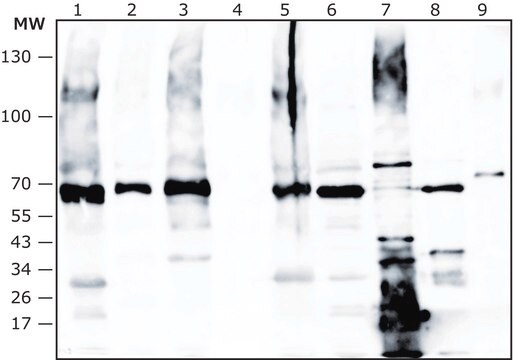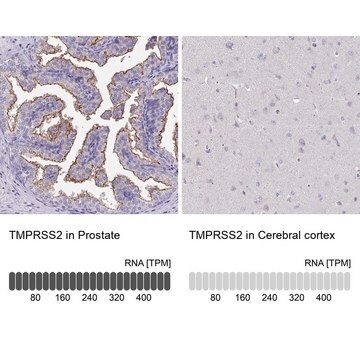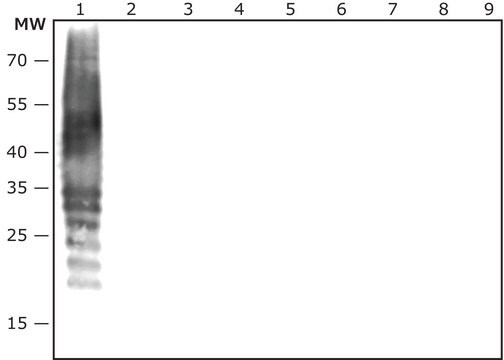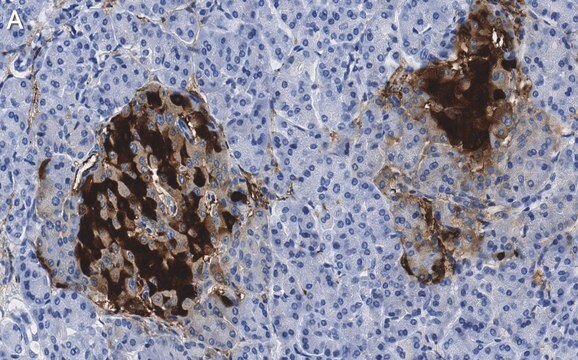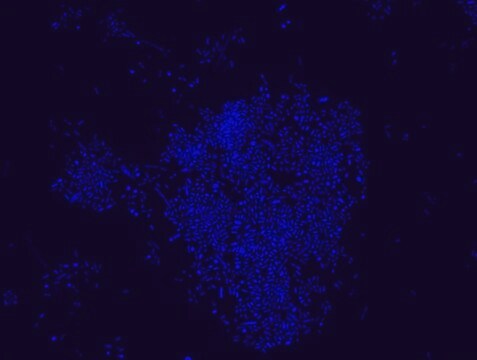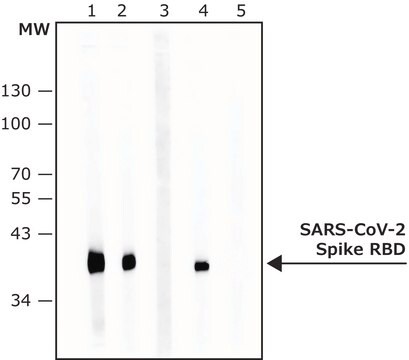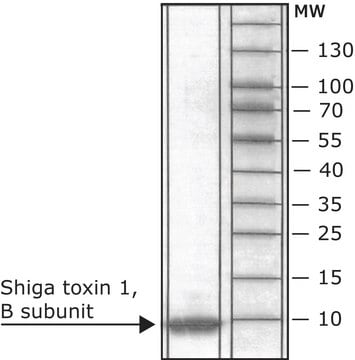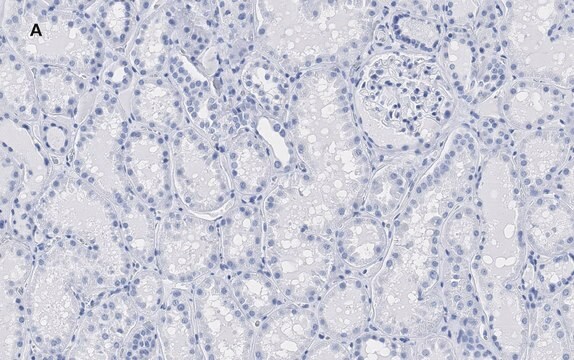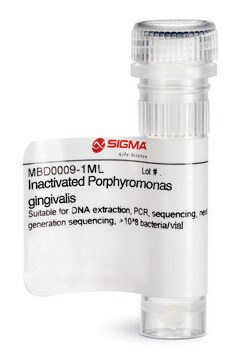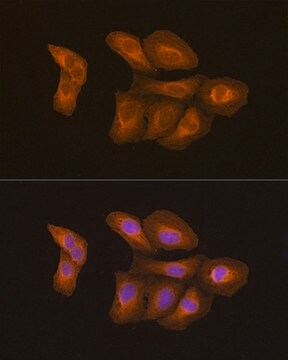Kluczowe dokumenty
SAB4200870
Anti-Akkermancia muciniphila antibody produced in rabbit
IgG fraction of antiserum
About This Item
Polecane produkty
pochodzenie biologiczne
rabbit
Poziom jakości
forma przeciwciała
IgG fraction of antiserum
rodzaj przeciwciała
primary antibodies
Formularz
liquid
reaktywność gatunkowa
(Akkermancia muciniphila)
opakowanie
pkg of 100 μL
pkg of 25 μL
stężenie
~1 mg/mL
metody
immunoblotting: 1:500-1:1000 using Akkermansia muciniphila lysate
Warunki transportu
dry ice
temp. przechowywania
−20°C
docelowa modyfikacja potranslacyjna
unmodified
Opis ogólny
In addition, goring research identified A. muciniphila as a promising potential probiotic that can be administrated for the treatment of diseases such as, colitis, metabolic syndromes, immune diseases and cancer. However more research is needed to verify the safety of oral administration of A. muciniphila in humans.3
Specyficzność
Działania biochem./fizjol.
Postać fizyczna
Przechowywanie i stabilność
Oświadczenie o zrzeczeniu się odpowiedzialności
Nie możesz znaleźć właściwego produktu?
Wypróbuj nasz Narzędzie selektora produktów.
Kod klasy składowania
12 - Non Combustible Liquids
Klasa zagrożenia wodnego (WGK)
nwg
Temperatura zapłonu (°F)
Not applicable
Temperatura zapłonu (°C)
Not applicable
Wybierz jedną z najnowszych wersji:
Certyfikaty analizy (CoA)
Przepraszamy, ale COA dla tego produktu nie jest aktualnie dostępny online.
Proszę o kontakt, jeśli potrzebna jest pomoc Obsługa Klienta
Masz już ten produkt?
Dokumenty związane z niedawno zakupionymi produktami zostały zamieszczone w Bibliotece dokumentów.
Nasz zespół naukowców ma doświadczenie we wszystkich obszarach badań, w tym w naukach przyrodniczych, materiałoznawstwie, syntezie chemicznej, chromatografii, analityce i wielu innych dziedzinach.
Skontaktuj się z zespołem ds. pomocy technicznej